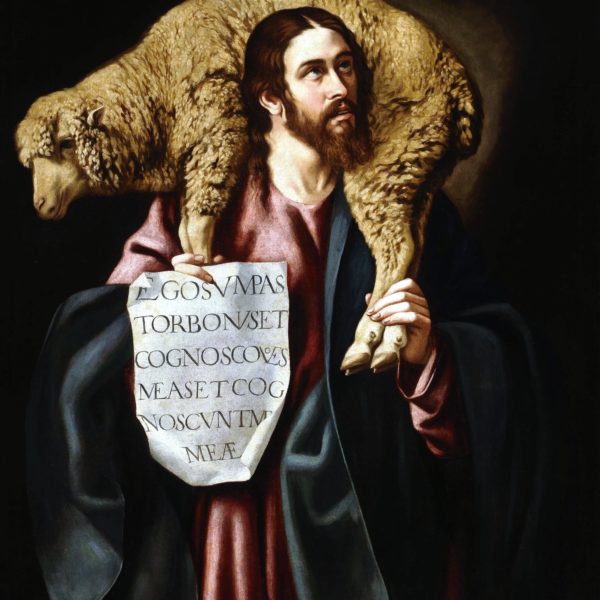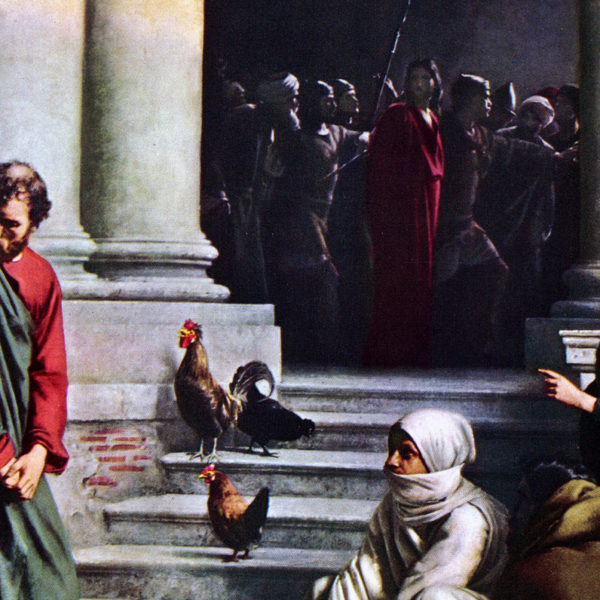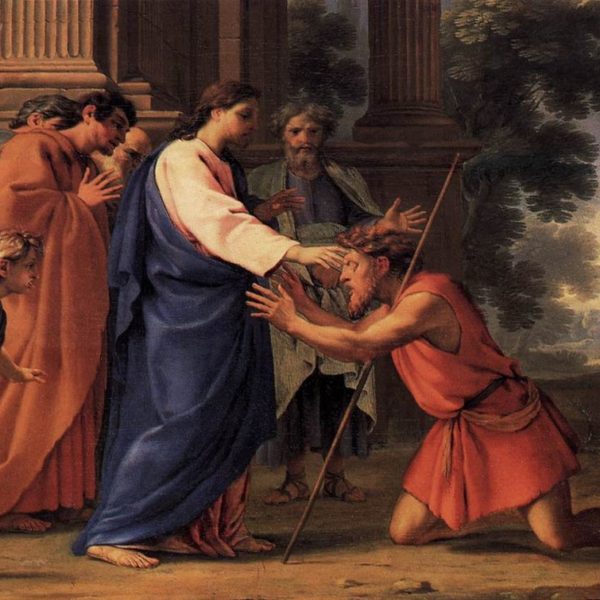
In the healing of the blind man in John 9 and the response of the religious leaders and teachers that follows, the power of scapegoating is revealed, as is the assurance that Jesus will overcome it.
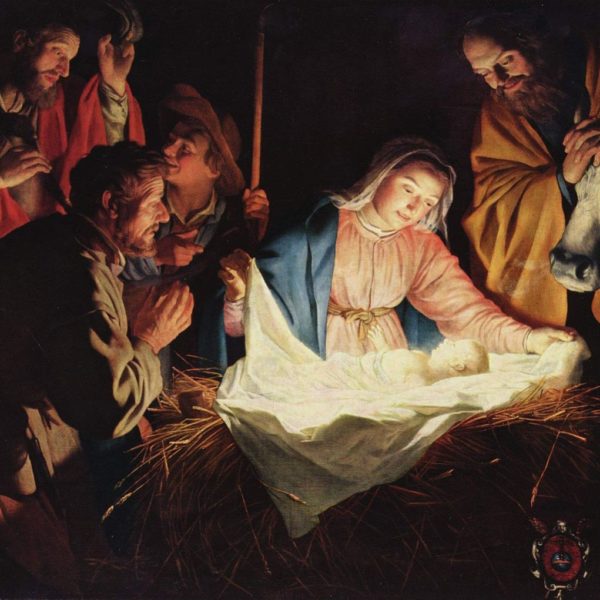
God who became one of us so inconspicuously is still walking among us, very quietly, making our lives special.
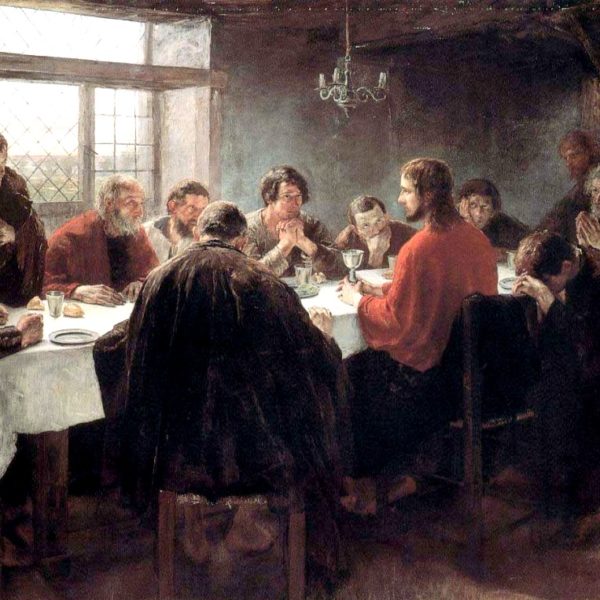
The question of the status and authority of the church after Jesus’ bodily departure looms large over the Farewell Discourse, manifesting both the concerns of the disciples and concerns of a later Johannine community. On account of the Spirit’s presence, the church is empowered to speak with a fresh yet authoritative voice to new challenges.
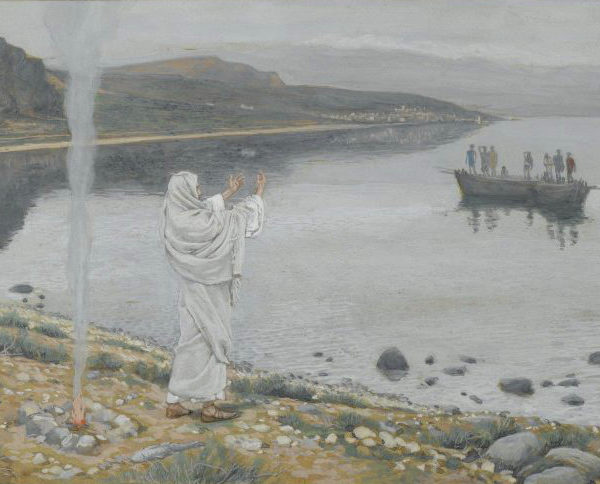
The disciples’ failure to find their desired results when they returned to fishing following the resurrection of Christ resonates with the experience of many who are drawn back to old patterns of life after a personal encounter with Christ. Their struggle to recognize the risen Jesus challenges us to form communities within which Christ’s presence will be apparent to people in a similar state of uncertainty.
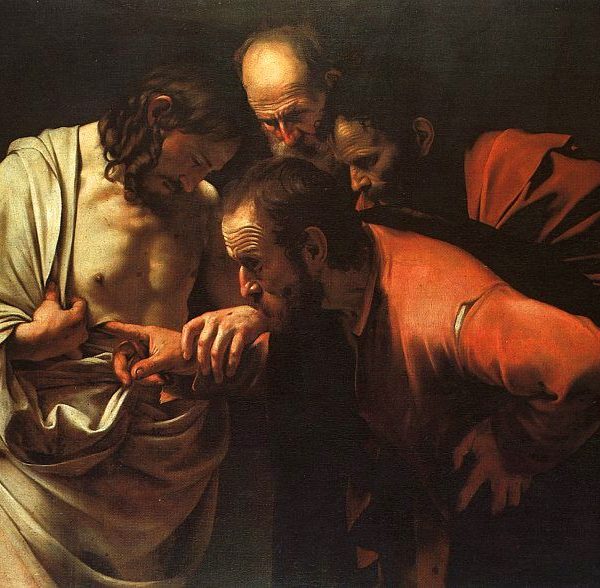
That Thomas’ absence when Jesus first appeared to the Twelve after his resurrection was due to his withdrawing from the other disciples following Christ’s crucifixion is an intriguing exegetical possibility. It also frames the events that follow in a manner that may be instructive for the Church in its witness to those who are doubting and agnostic.
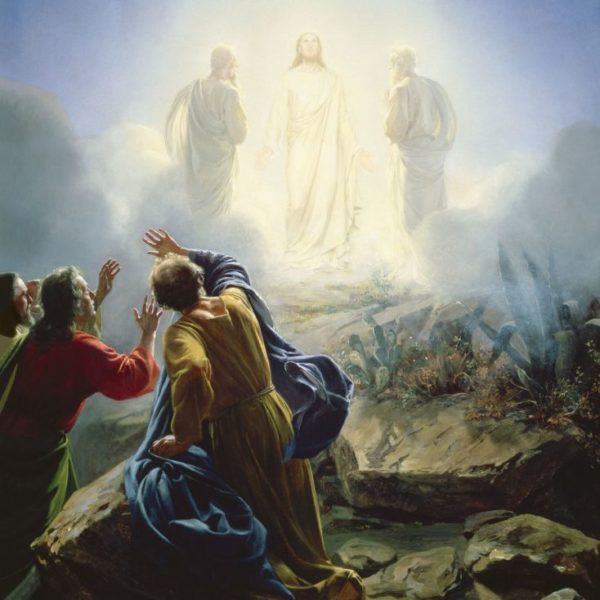
To behold is to stand somewhere between the passiveness of being a pawn in the trajectory of fate and the activity of making the world ourselves. Beginning with the act of beholding grants us necessary perspective upon our political acts and identities.

